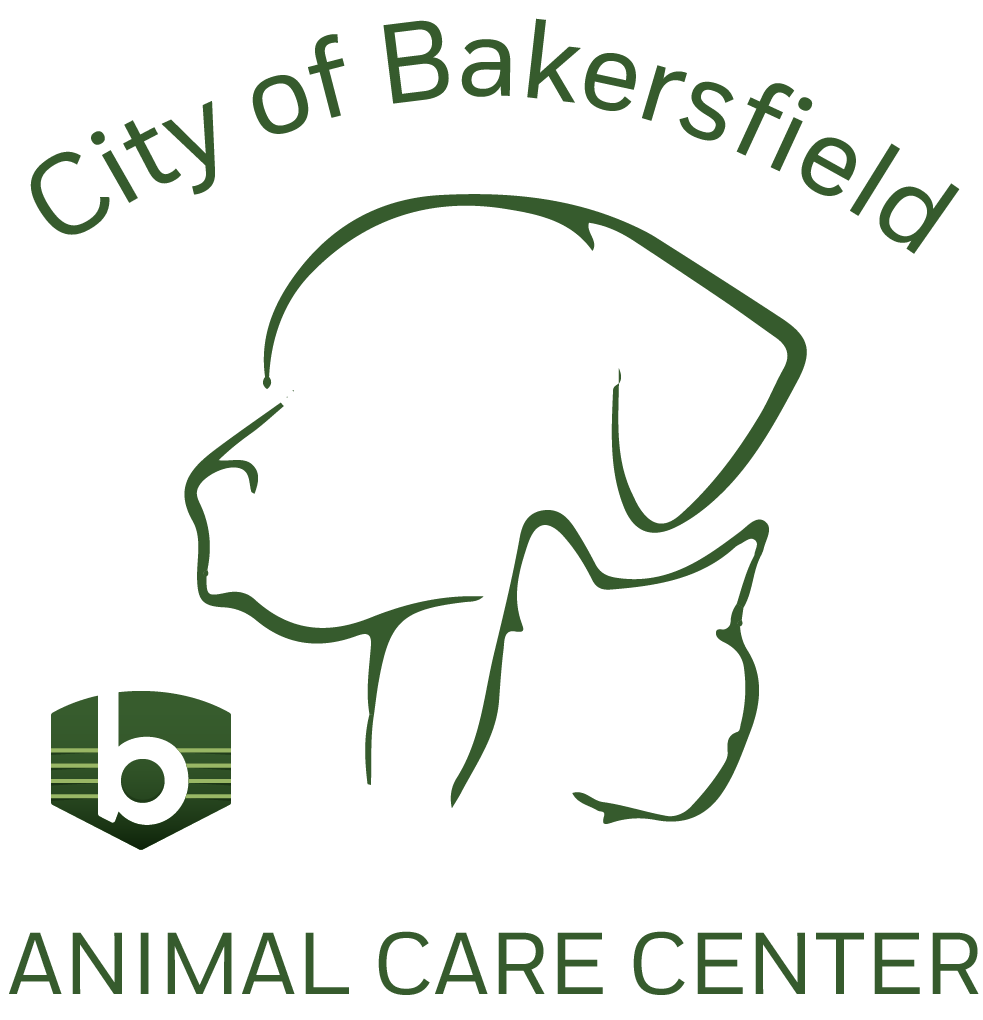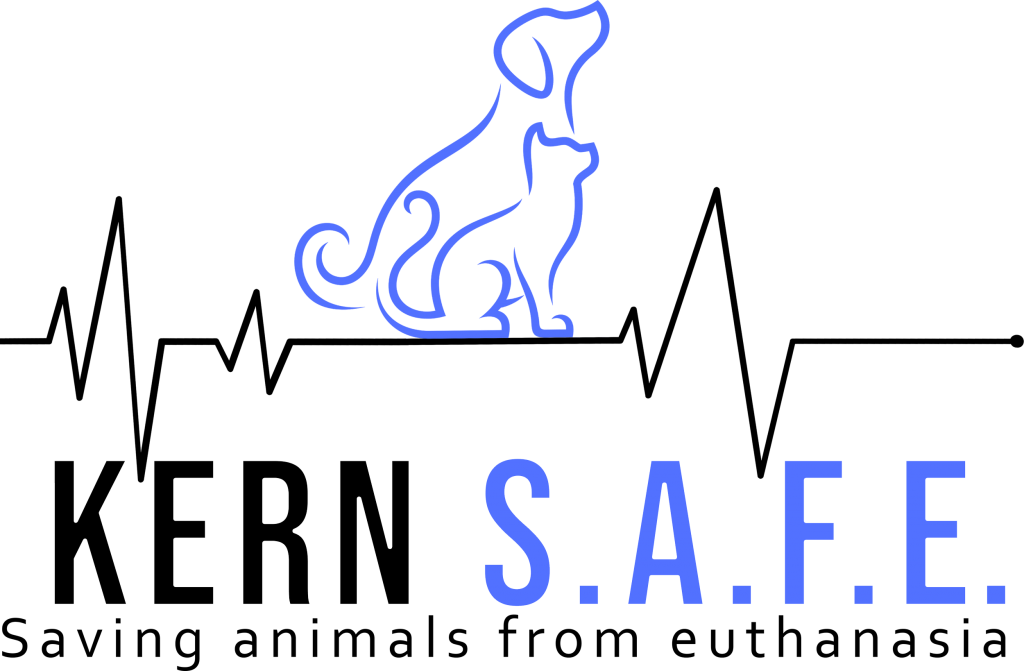During substance use disorder recovery, many individuals feel lonely or isolated, experience co-occurring mental health conditions, or need some help recovering their self image. Having a pet can help with all of these things! Read on to learn more about the benefits of having a pet during SUD recovery.

Benefits of Having a Pet
Pets can benefit everyone, not just those in SUD recovery, by offering unconditional love, enhancing physical health, reducing anxiety and depression, aiding in socialization, boosting self-efficacy, and fostering a sense of self-worth.
For individuals in recovery, there are some specific benefits of having a pet, such as:
•Boosting self esteem
•Being a sober friend who’s always there for you
•Providing motivation to keep going
•Providing a daily routine that must be followed
•Relieving boredom which might have previously led to substance use
Pets and Mental Health
Many individuals in recovery also experience co-occurring mental health conditions such as depression, anxiety, bipolar disorder, or PTSD. Research has shown that pets can reduce feelings of loneliness, depression, and anxiety. Furthermore, petting an animal has been proven to have a calming effect on humans.

Pets and Physical Health
Certain pets, like dogs, require regular exercise to thrive, which can encourage you to stay active. A recent study found that owning a dog is associated with a reduction in the likelihood of death from heart disease. Additionally, having a pet has been linked to lower blood pressure, resting heart rate, cholesterol, and blood sugar levels.
Pets and Self-Image
The increased accountability that comes with caring for a pet improves your self-efficacy and self-worth, because caring for another living being is rewarding!
Pets and Your Social Life
Socialization is important to combat loneliness, but can be extra difficult during recovery. The good news is that dogs are a great facilitator of human relationships! Studies have shown that being accompanied by a dog increases the frequency of positive social interactions. Having a pet also gives you something to talk about with others.

Emotional Support Animals
An emotional support animal (ESA) is any animal that provides emotional, cognitive, or other similar support to a person with a disability to help them manage symptoms of their disability.
ESAs are NOT service dogs, so different laws apply for ESAs.
The Fair Housing Act mandates that housing providers must allow individuals with a documented disability to have an Emotional Support Animal (ESA) as a reasonable accommodation in most cases. Know your rights! Housing providers CANNOT charge you a “pet deposit,” “pet rent,” or “pet fee” for keeping an ESA. Additionally, they CANNOT require you to obtain liability insurance for your animal. However, you may be responsible for any damages caused by your animal
Learn more about Fair Housing Law in California pertaining to emotional support animals here.
Note that airlines are no longer required to accommodate ESAs.
Be careful of scams! There is NO legal requirement that an ESA be “registered” or “certified.” Don’t waste your money on these scams.
To obtain an emotional support animal, consult with a therapist, psychologist, or psychiatrist to assess the need for an emotional support animal for your mental health.
Things to Consider Before Getting a Pet
•How big is the pet now, or how big will it get?
•How much exercise does the pet need in order to thrive?
•What age of pet is most suitable for my needs?
•How long will this species or breed live?
•Is my home environment ideal for this type of pet?
•How much can I afford to pay for veterinary care, food, pet supplies, boarding, etc.? What resources are available in my city to help me care for a pet on a limited income?
•How much time do I have to devote to my pet’s wellbeing?
•What impact will this pet have on others who live in my residence?
•How much experience do I have? Is this species or breed an “entry-level” pet?
Pets can be a great companion to anyone, but especially to individuals in recovery.
Many thanks to the City of Bakersfield Animal Care Center and Kern S.A.F.E. for collaborating with us on a presentation on “Pets and Recovery!”


